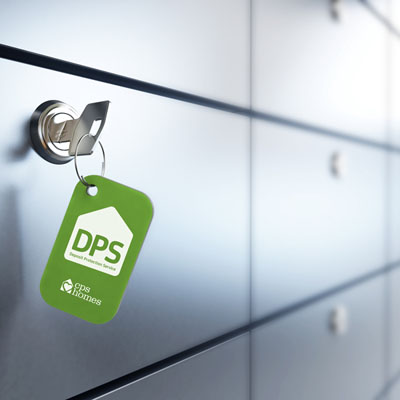Step 1
I want that one!
So you’ve found a property you’re all happy with – hurrah! The next step is to secure the property and take it off the market. To do this, you’ll typically need to pay a holding deposit to the letting agent, then sort out all the relevant documents and payments needed to make it yours.
Typically, students are asked to find a financial guarantor – usually a family who owns a home in the UK – who’ll guarantee to pay the rent if you fail to. People who work full-time are able to give the landlord a reference that shows they earn enough to pay the rent each month, but obviously that’s not possible with students, so a guarantor gives a landlord that extra peace of mind. You can pick up the guarantor form when you pay your holding deposit, and it’ll need to be filled in before you sign for the property.
As you might expect, international students can struggle to find a UK guarantor, so in that case, they’re often asked to pay a number of months’ rent in advance.




